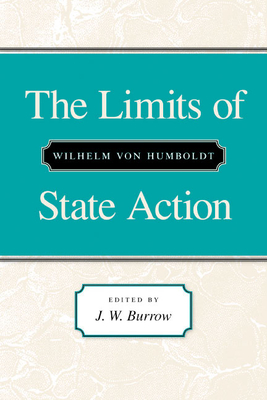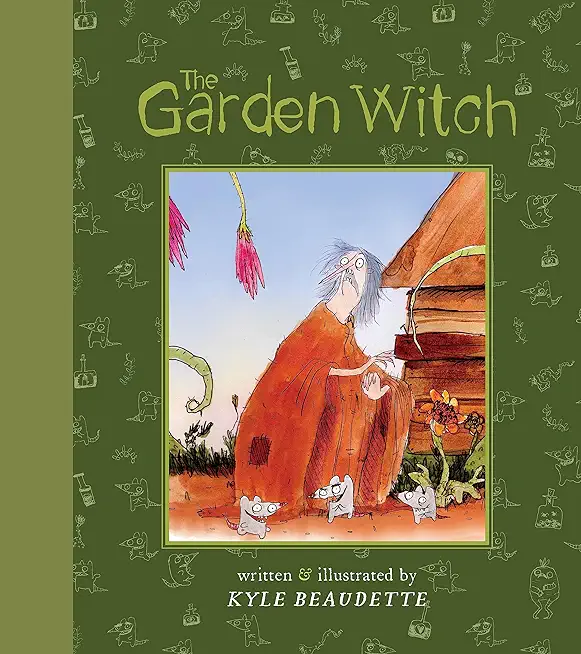
description
ction has an exuberance and attention to principle that make it a valuable introduction to classical liberal political thought. It is also crucial for an understanding of liberalism as it developed in Europe at the turn of the nineteenth century. Humboldt explores the role that liberty plays in individual development, discusses criteria for permitting the state to limit individual actions, and suggests ways of confining the state to its proper bounds. In so doing, he uniquely combines the ancient concern for human excellence and the modern concern for what has come to be known as negative liberty.
J. W. Burrow is Professor of History at the University of Sussex.
member goods
No member items were found under this heading.
listens & views

SACRED VOCAL MUSIC 18TH CTRY ...
by SACRED VOCAL MUSIC 18TH CTRY SWITZERLAND / VARIOUS
COMPACT DISC$12.49
Return Policy
All sales are final
Shipping
No special shipping considerations available.
Shipping fees determined at checkout.






